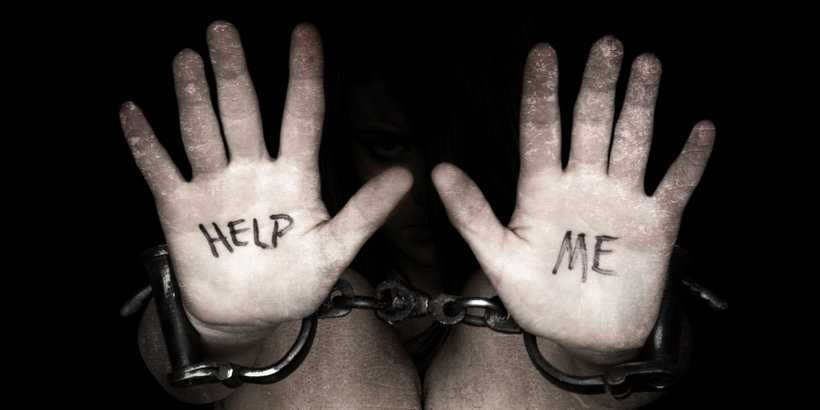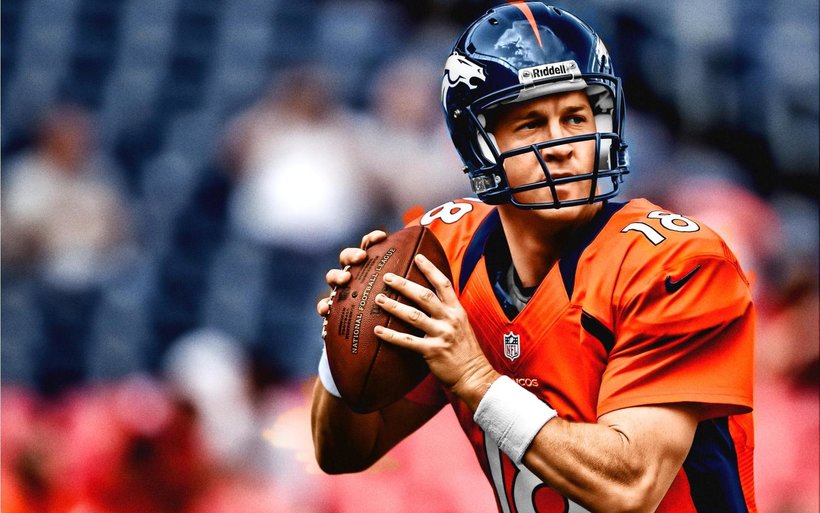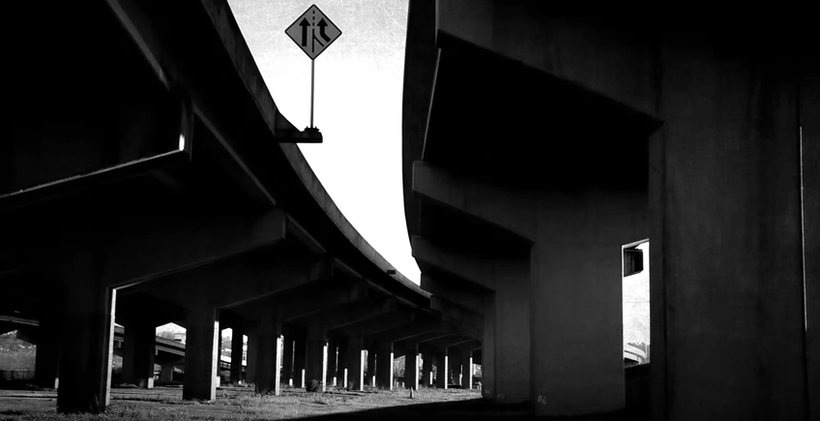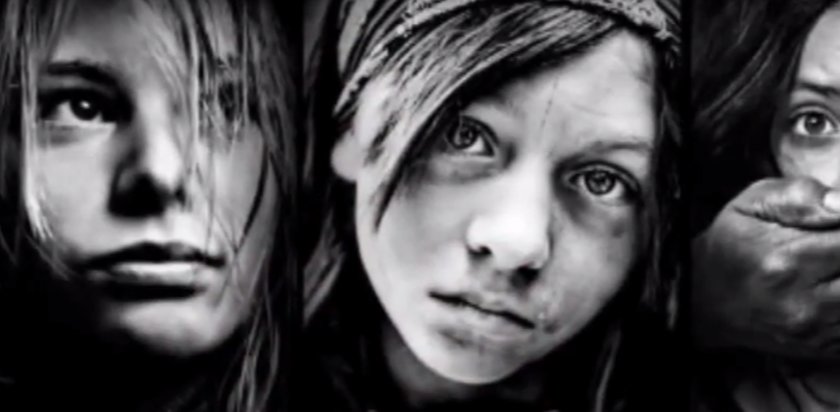The Super Bowl is well known as the largest single sporting event of the year, drawing more than 100 million television viewers. Even if you’re not an NFL fan, chances are you tuned in to see the highly-anticipated commercials or maybe just for the half-time show.
What you probably didn’t see on Sunday, and might not have known, is that each year the Super Bowl brings with it the largest underground human sex trafficking operation of the year. Human sex trafficking is forced prostitution of young girls and women in situations that amount to modern day slavery.
Of course, human trafficking isn’t limited to big sporting events. It is a constant, growing problem in our country and throughout the world.
The numbers are shocking: trafficking of children is a $9.8 billion industry in the United States, the third largest criminal enterprise in the world. What’s more, nearly 300,000 children are at risk of being prostituted here at home.
Frankly, this is a topic we really don’t like to talk about in everyday conversation. But, it is disgusting and despicable, and I believe it needs to become personal to every one of us. That’s why the U.S. House of Representatives recently voted on a series of bi-partisan bills to crack down on these atrocious crimes and to protect victims.
Our legislation seeks to fight the problem head on by enhancing tools for law enforcement at home and abroad, boost support for victims services and raise awareness of the sometimes-overlooked problem.
One bill, the “Human Trafficking Prevention, Intervention and Recovery Act,” directs enforcement resources to shut down these operations and improves an existing Department of Justice grant for victim recovery. Another bill, the “Stop Advertising Victims of Exploitation Act,” improves our ability to prosecute human traffickers who profit from advertising and exploiting victims of these sex crimes. Yet another, the “Enhancing Services for Runaway and Homeless Victims for Youth Trafficking Act,” aims to help at-risk runaway and homeless youth from becoming sex trafficking victims through improved and focused support programs.
It’s hard to understand the severity of an issue that often times goes unseen. The underground nature of this criminal operation makes it difficult for law enforcement to detect and prevent. We need to modernize our tools to better identify trafficking, crack down on criminals, and assist victims once they are discovered. I was proud to work with a bi-partisan group of my colleagues in Washington to do just that last week.
Martha Roby represents Alabama’s 2nd Congressional District in the United States House of Representatives.











